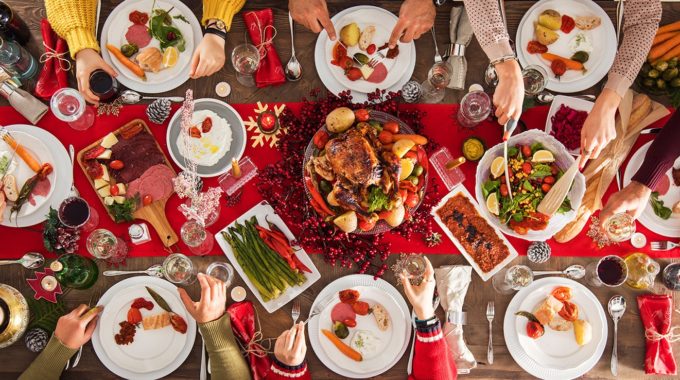Christmas food: shortages & price hikes
Global supply chain issues, workforce shortages and record heavy rainfall are all having an impact on our food supply. So what does this mean for your Christmas food shopping this year? While prices for some foods are expected to rise, there are also bargains to be found. Here’s what you need to know about potential food shortages over the festive season, and why you should plan ahead for your Christmas food shopping this year.
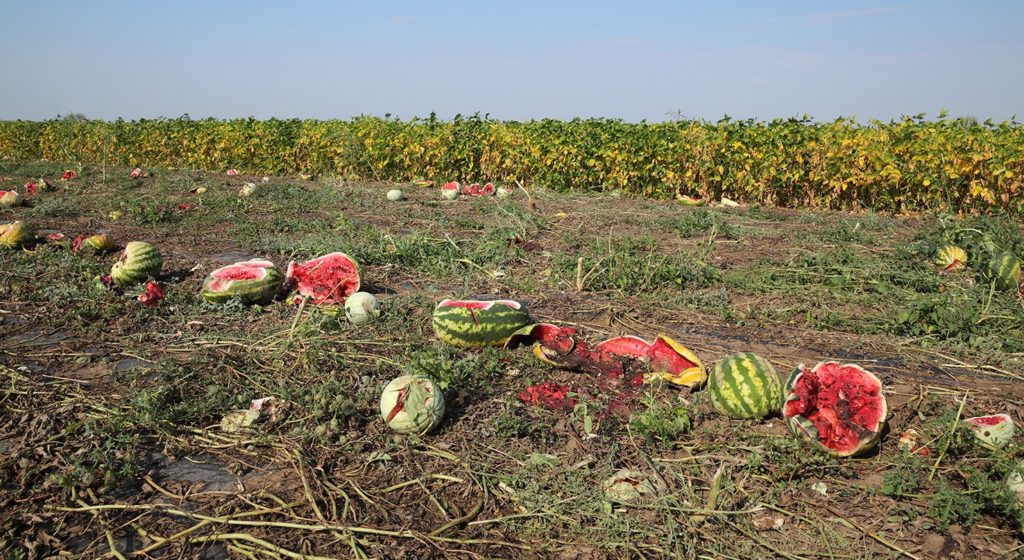
Wild weather a blow to farmers
Continued heavy rainfall across eastern Australia is having a devastating effect on many farmers’ crops. In NSW, the weather is hitting parts of the state where most fresh produce is grown. The rain has washed some crops away, while others are rotting in the wet conditions. This is likely to lead to fruit and vegetable shortages over Christmas. In particular, it’s expected there’ll be shortages of leafy greens like spinach and salad mixes.
There’s also been damage to grain crops. It’s a bad blow to farmers who enjoyed an ideal growing season and were expecting a bumper crop this year. However, as Australia’s wheat supply is sufficiently high, this is unlikely to lead to price rises for wheat-based goods.
Storms across Queensland have damaged crops such as watermelons, with some growers reporting up to 85 percent losses. Crops such as chilli have also been damaged, and waterlogged ground has meant some growers have had to hand-harvest. All of this means that prices will increase. Road closures due to flooding have also disrupted supply chains.
Meanwhile, in South Australia, recent hail, strong winds and heavy rainfall caused significant damage to crops and farm infrastructure across the state. The storm was widespread, impacting grain growers on the Eyre and Yorke Peninsulas; Barossa grape growers; horticulturalists on the Northern Adelaide Plains; Adelaide Hills apple, pear, cherry and grape growers; and Riverland almond, grape, stone fruit and citrus producers.
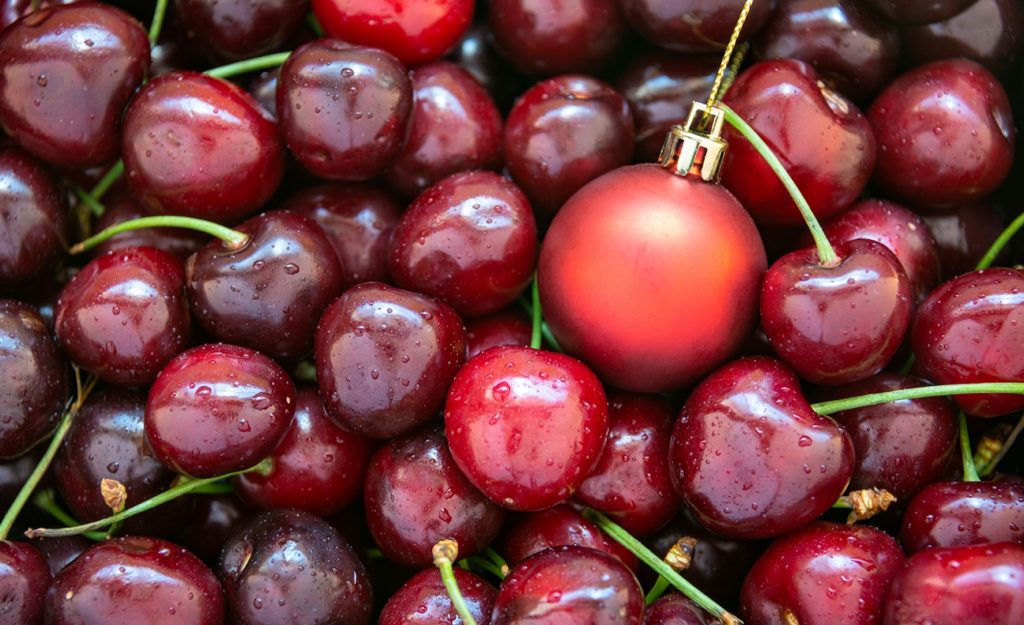
Christmas food: the good & the bad
Cherries were already set for a price rise this year, as growers continue to struggle with labour shortages. Now recent heavy rainfall across cherry-growing regions is further impacting supply, as the unseasonal weather is damaging the fruit just as it’s ripening for harvest. This means that consumers will likely pay even more for the festive fruit this year.
Stone fruit such as peaches and nectarines will still be of good quality. Although supply will be limited, prices aren’t expected to go up. However, prices for vegetables like celery, capsicum, beans and tomatoes are expected to increase due to a drop in supply.
Heavy rains during the growing season have had some effects on the volume and quality of berries. Luckily, the damage has been limited, as many growers use covered cultivation.
Your Christmas ham is looking good, too. Australian Pork Limited reports that pork production is above average for this time of year. This means better prices for consumers. But you should still make sure you order early – and always buy Australian pork.
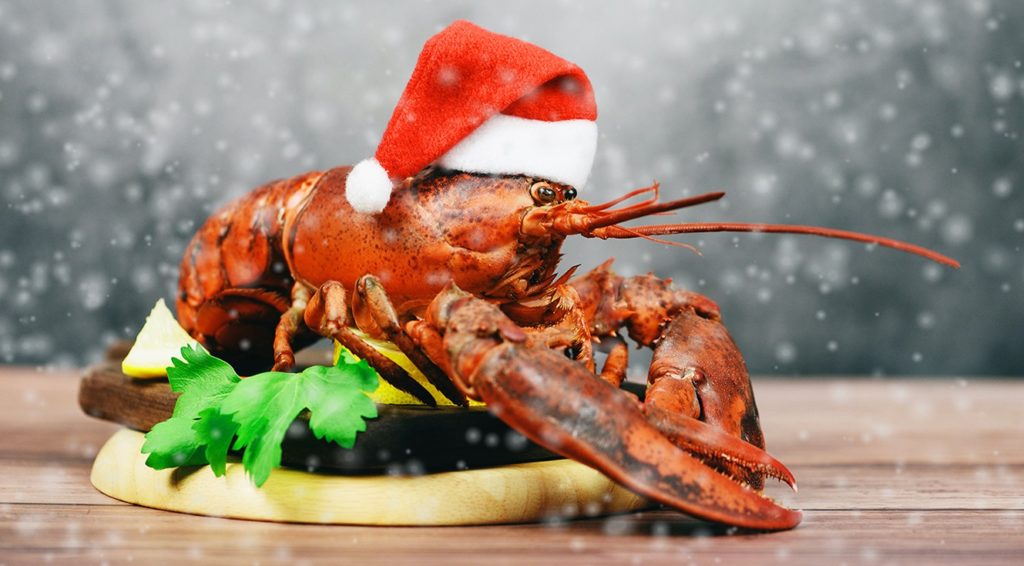
Seafood deals
Things are also looking up for seafood lovers. This year, you can enjoy premium Australian seafood at an excellent price. China’s ongoing import ban means there are more rock lobsters hitting the domestic market, and prices are at a record low.
“As we saw last year, Australian rock lobsters are again a great buy,” says Seafood Industry Australia CEO Veronica Papacosta. “People can expect to find small, whole western rock lobsters starting at the $20-25 price point, moving up to $30-32 for a 400-500g lobster.”
Papacosta says that seafood lovers should also be on the lookout for some of our more underutilised species like mussels, calamari or octopus this Christmas.
“You might be able to nab yourself a bargain, and maybe even find a new favourite,” she says. “If you’re not sure how to cook something, ask your fishmonger for advice.”
Papacosta also recommends consumers get in early with their seafood shopping this year.
“With international and domestic travel restrictions still in place, we’re seeing more people in Australia for Christmas than we have previously,” she says. “This means there’s an increased number of people wanting to eat seafood at Christmas. Coupled with labour shortages across all sectors of agriculture, this means we could see supply stretched.”
To ensure you don’t miss out on your favourite Aussie seafood, place an order with your local fishmonger early. Not sure when to find a retailer near you? Use the Great Australian Seafood Fish Finder to search by postcode for Australian seafood retailers near you.
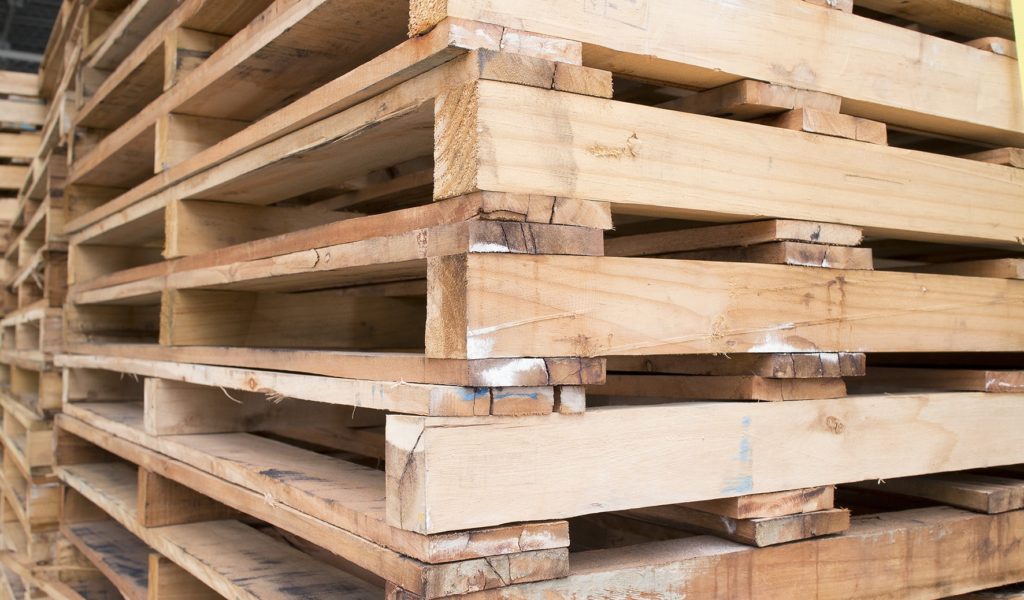
Start your shopping early
Supply chains across Australia and around the world were already being affected by the pandemic and adverse weather. But now an entirely different problem is putting even more pressure on production and supply in the lead-up to Christmas. There’s a shortage of wooden pallets, which are used to ship goods.
Australian Food and Grocery Council CEO Tanya Barden says the pallet shortage has progressed to a point where it’s affecting manufacturers’ production rates. This has forced them to slow or stop production because pallets aren’t available for shipping stock.
Barden says that while industry is doing everything it can, the unfortunate reality is that pallet shortages and shipping delays mean some products may not be available in the lead-up to Christmas. The best approach is to make an early start on your Christmas shopping to avoid the impact of supply chain disruptions that are currently affecting some businesses.
“Consumers need to be aware that they may be limited in some choices,” Barden says. “If they have particular products they want, then planning to shop early is a good idea.”
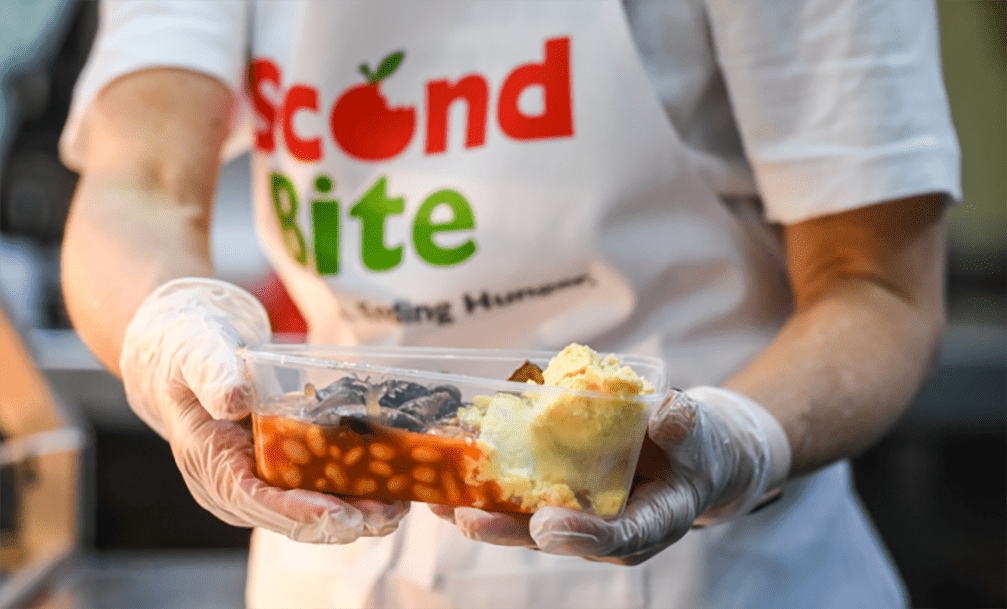
Value your food
While food shortages and price rises are on the cards, Australians are still wasting too much food. According to Rabobank’s annual Food and Farming Report, in 2021, the average Aussie household wasted 11 percent of the food they bought. That’s essentially throwing $1038 per year in the bin. The results also show that the more people spend, the more they waste. Aussies who spent more than $300 each week on food wasted almost 17 percent of it.
While many consumers continue to waste food, our food relief charities are expecting greater demand this Christmas, as the ongoing impacts of the pandemic affect employment and household finances. So while you plan your Christmas shop, you might also want to consider making a donation to organisations like Foodbank, OzHarvest or SecondBite.
Even with the current pressures on farmers, Australia remains one of the most food-secure nations in the world. According to Rabobank Australia Head of Sustainable Business Development, Crawford Taylor, our farmers are producing enough to feed 75 million people. But this doesn’t mean we can blithely turf excess food in the bin.
“Understanding where our food comes from, how it’s grown and who produces it is an important step towards reducing the amount of food we waste,” he says.
“When we value our food, we’re more willing to pay a fair price that more accurately represents the time, effort and materials that go into its production.”
So if you do have to pay a little extra for Christmas food this year, remember that buying Aussie produce is helping to support our farmers. These legends have faced more than their fair share of troubles over the past two years. But they’re still putting food on our tables.


